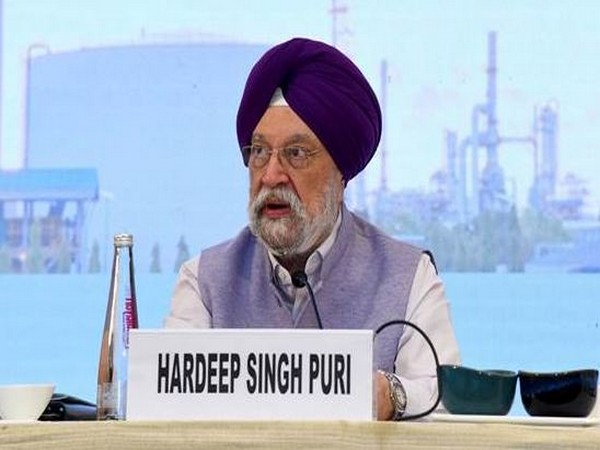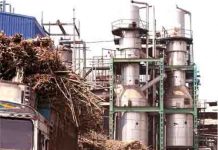Lucknow (Uttar Pradesh): Union Petroleum and Natural Gas Minister Hardeep Singh Puri announced on Saturday the establishment of 100 new biogas plants in Uttar Pradesh.
Addressing the media ahead of the inaugural ceremony of a compressed biogas plant in Badaun, the Union minister said foundation stones will be laid for such biogas plants in eight other districts soon, and the process to identify sites for another 37 plants is on.
“Today, a new compressed biogas plant is going to be inaugurated in Badaun district, while foundation stones will be laid for these plants in eight other districts of Uttar Pradesh. The process, including site selection for the establishment of 37 plants, has already been completed. Chief Minister Yogi Adityanath is providing significant support for this initiative,” said the Union minister.
“In the last seven years, under the leadership of CM Yogi, Uttar Pradesh has moved out of the category of a ‘Bimaru’ state and has done excellent work in every sector,” he added.
Discussing the features of the new plant in Badaun, he said that it has been developed in 50 acres with an investment of about Rs 135 crore and will produce about 14 tonnes of compressed biogas every day.
The use of biogas is also very useful in resolving stubble issues, he pointed out.
Earlier, chief minister Yogi Adityanath said that biogas is the best option as part of ‘Waste to Wealth’ programme.
He remarked that it not only addresses the smog problem in the NCR region but also serves as a means to increase farmers’ income.
At the press conference, Union Petroleum Secretary, Pankaj Jain, provided information on the incentives given by the Indian government for establishing compressed biogas plants. Praising the biofuel policy of the UP government, he mentioned the grant of up to Rs 20 crore for setting up bio-energy plants under the policy.
He expressed confidence in UP’s potential for growth in the biogas sector with the presence of straw and the commitment of the government. He added that it will create significant employment opportunities for the youth in the state.
At COP26 held in 2021, India committed to an ambitious five-part “Panchamrit” pledge. They included reaching 500 GW of non-fossil electricity capacity, generating half of all energy requirements from renewables, to reducing emissions by 1 billion tonnes by 2030.
India as a whole also aims to reduce the emissions intensity of GDP by 45 per cent. Finally, India commits to net-zero emissions by 2070.
India, the world’s third-biggest oil importer and consumer, is dependent on crude oil from various sources in the global market to meet its domestic demand. (ANI)












